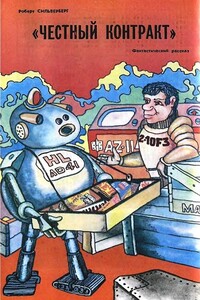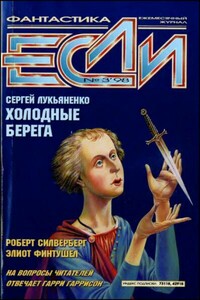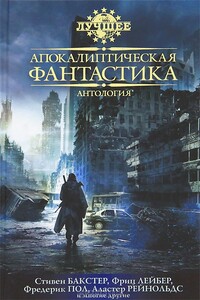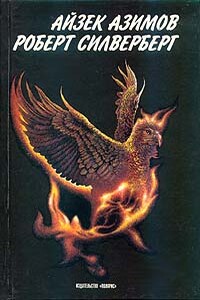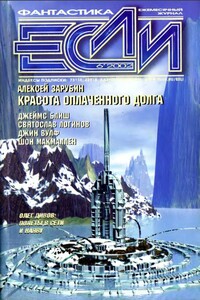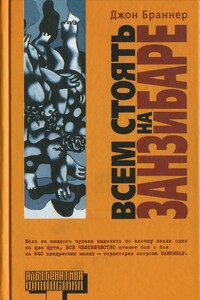| Ведь нас всех, возможно, уже уничтожили? |
| "Yes. Yes." | - Да, да. |
| "Then what would you accomplish by staying and being wiped out too? Outside of some phony heroics, what?" | - Так чего бы ты добился, оставшись? Своей смерти? |
| Juan shook his head. "A leader in exile is better than a leader in the grave. | Ну отвлекись от ложного героизма! - Хуан покачал головой. - Руководитель в изгнании лучше, чем руководитель в могиле. |
| You can direct the resistance from Rigel, if the rest of us are gone. | Ты можешь направлять борьбу с Ригеля, если вас нет. |
| Do you see the dynamics of it, Tom?" | Главное - чувствовать динамику ситуации. |
| "I see. I see. You make it sound so reasonable, Juan." Juan winked. | - Ты объясняешь так логично, Хуан. |
| "We always understood each other." | - Мы всегда понимали друг друга... |
| He activated the cube of his father. | Войтленд активировал куб отца. |
| "What do you say? | - А ты что скажешь? |
| Should I have stayed or gone?" | Что мне надо было делать - оставаться или уходить? |
| "Maybe stay, maybe go. | - Может быть, оставаться, может быть, уходить. |
| How can I speak for you? | Как я могу решать за тебя? |
| Certainly taking the ship was more practical. | Безусловно, практичнее было спастись. |
| Staying would have been more dramatic. Tom, Tom, how can I speak for you?" | Остаться было бы драматичнее. |
| "Mark?" | - Марк? |
| "I would have stayed and fought right to the end. | - Я бы дрался до конца. |
| Teeth, nails, everything. But that's me. | Зубами, когтями... Но это я. |
| I think maybe you did the right thing, Dad. The way Juan explains it. | Наверное, ты поступил правильно, папа. |
| The right thing for you, that is." | То есть, для тебя это правильно. |
| Voigtland frowned. | Войтленд нахмурился. |
| "Stop talking in circles. | - Переставь говорить загадками. |
| Just tell me this: do you despise me for going?" | Скажи прямо - ты меня презираешь? |
| "You know I don't," Mark said. | - Ты же знаешь, что нет, - ответил Марк. |
| The cubes consoled him. | Кубики утешили его. |
| He began to sleep more soundly, after a while. He stopped fretting about the morality of his flight. He remembered how to relax. He talked military tactics with Attila, and was surprised to find a complex human being behind the one-dimensional ferocity. He tried to discuss the nature of tragedy with Shakespeare, but Shakespeare seemed more interested in talking about taverns, politics, and the problems of a playwright's finances. He spoke to Goethe about the second part of Faust, asking if Goethe really felt that the highest kind of redemption came through governing well, and Goethe said, yes, yes, of course. And when Voigtland wearied of matching wits with his cubed great ones, he set them going against one another, Attila and Alexander, Shakespeare and Goethe, Hemingway and Plato, and sat back, listening to such talk as mortal man had never heard. And there were humbler sessions with Juan and his family. He blessed the cubes; he blessed their makers. |

